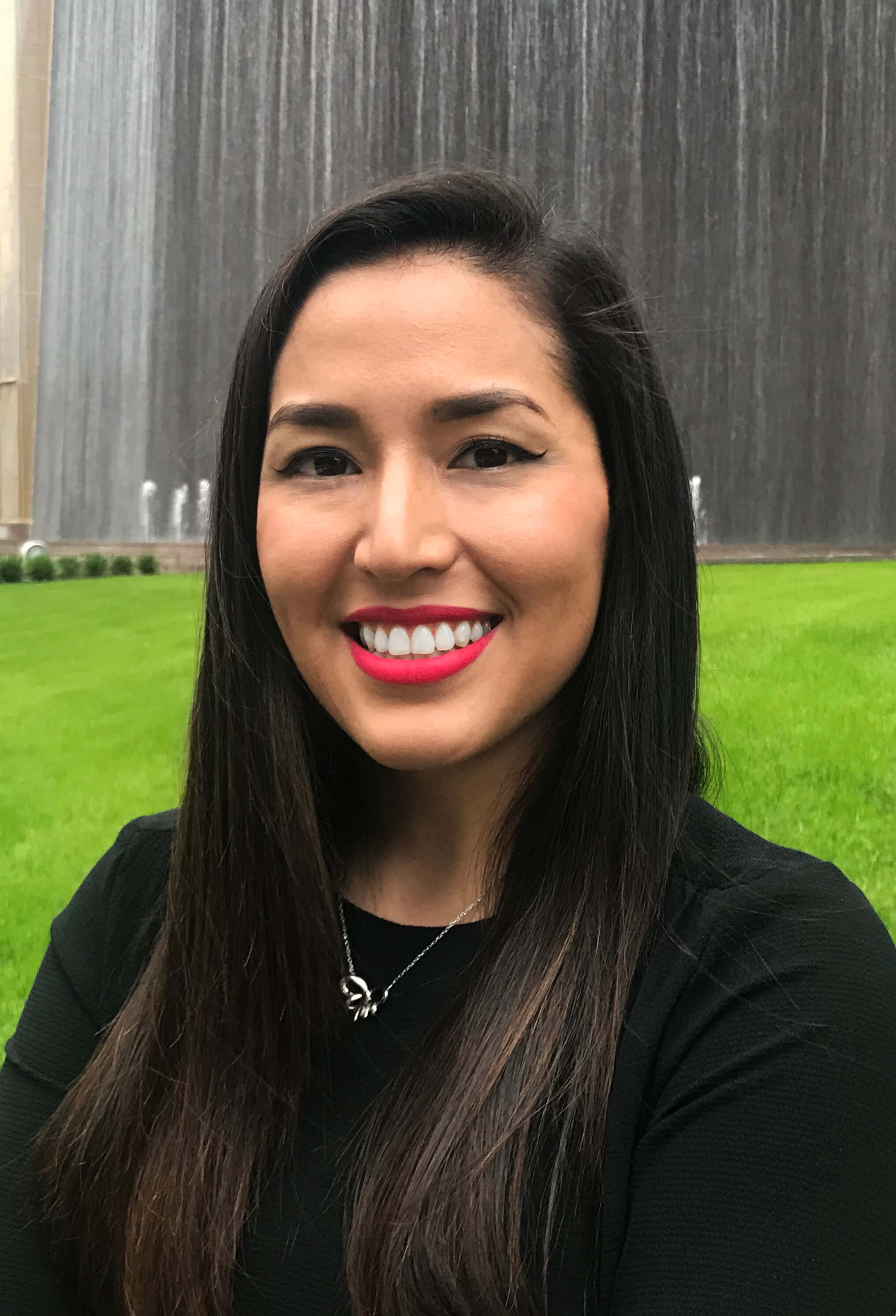
From the mother of marine conservation in the Caribbean, Idelisa Bonnely de Calventi to the first latina astronaut Ellen Ochoa, Latinas have made waves in the field of science for decades. Now one of those latinas is Lorena Roa de la Cruz.
She left her homeland of Mexico in 2014 to pursue her master’s degree in Europe. That same year, she was selected to be one of six presenters at the Trainee Research Competition at the annual convention Society for the Study of Reproduction (SSR). She was admitted to the UTSA Cell and Molecular Biology Ph.D. program in 2017 and landed an opportunity to work in Professor Brian Hermann’s lab, one of the few laboratories in the world that studies spermatogonial stem cells using cutting-edge techniques like single-cell RNA-sequencing.
She has twice secured a Conacyt scholarship,which is considered for many the holy grail of achievements. It is one of the most prestigious awards in Mexico and the equivalent of an NSF Graduate Research Fellowship here in the United States to support her studies. She has also received accolades from the Lalor Foundation and has received funding from the Larry Ewing Memorial Trainee Travel Fund. She has accomplished all of this by the age of 27.
Her research focuses on men’s reproductive health, a specialty field called spermatogenesis. This is the process of sperm production in the testicles. While looking at the faculty research profiles, she found Dr. Brian Hermann’s work interesting and immediately immersed herself in this topic. She finds how the human male reproductive biology works fascinating and yet although it is so important for making babies, it is very understudied.
There is still a lot to learn. She wants to be able to help better understand male infertility with her research. She is also interested in discovering male contraceptive methods. Both of these things are very applicable to issues in today’s society.
“My advisor always reminds me that the word research starts with “re” which means “again” and it comes before “search.” Sometimes experiments work on the first try, sometimes after many attempts and sometimes they never work. It’s up to the researcher to take these experiences and use them for their growth, to trust themselves and trust their skills. Confidence will come when an experiment works out, or not, and you know why and how to fix it,” said Roa De la Cruz.
Recently, she was one of six PhD students and postdoctoral trainees selected to participate in the Trainee Research Competition at the Society for the Study of Reproduction 51st Annual Meeting. She presented her results from an experiment that allowed her to identify specific genetic markers to serve as easy tools to identify which of the cells that make sperm are present in the testicle. This could be a new way to diagnose infertility in men.
Everyday we are inspired by Latina women to achieve more and give more. This young lady is definitely one of these women. She has broken barriers and continues to do so with her research. When asked how she defines success, she answers she believes success is not a title, or an award, or a prize. “Success for me is being able to bring new knowledge to the field that increases our understanding of how the human biology works, and teach that information to the incoming generations of scientists.”








